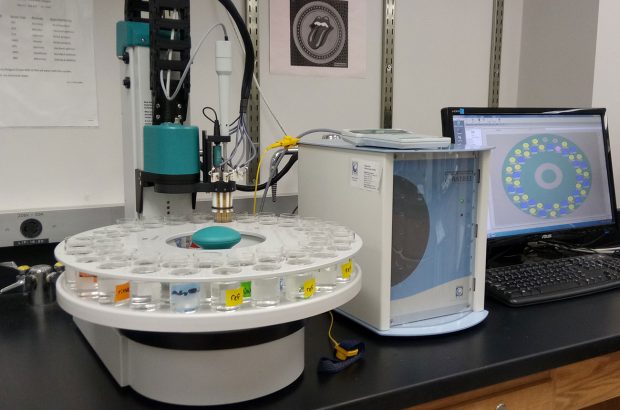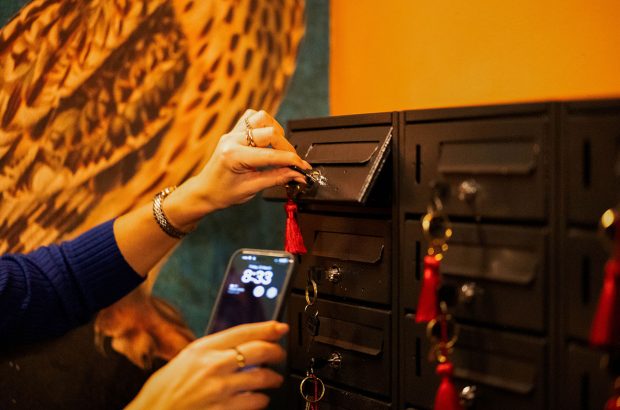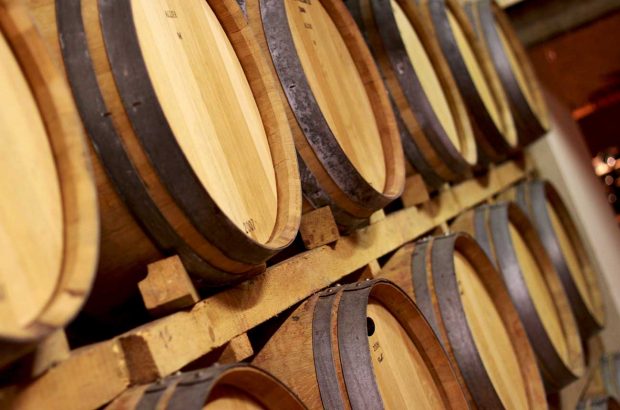Can Bordeaux ever really be for the craft beer generation? Jane Anson gives her view.
This column was first published in the July 2016 issue of Decanter magazine
Bordeaux wine for craft beer drinkers
I’ve been thinking about this a lot, following a conversation with an american merchant from Ohio, who in Bordeaux for en primeur week.
He was sharing his excitement in the potential of the smaller wines of the vintage from appellations such as Graves, Castillon and Fronsac.
And he made the point that sommeliers in the US moved on from Bordeaux so long ago that the whole craft beer generation has grown up not having ever experienced Bordeaux wines.
‘This makes the wines a discovery for a host of young drinkers who are open to trying anything new, and there is plenty for them to get excited about in the 2015 vintage.’
He went on to say that he would be buying ‘at artisan level’. In other words, wines that were not expensive and that could convey a sense of freshness and authenticity: ‘Graves, for example, offers some pure values in 2015.’
What is craft beer anyway?
It’s an interesting thought. But the craft beer generation, to generalise, is both open to new experiences and completely cynical about anyone who tries to manufacture them on demand.
The whole idea of craft beer is hard to define, but in theory it’s about small, independent producers delivering products that have a sense of meaning (whether traditional or innovative), and above all a sense of flavour. and it’s become a huge deal.
The number of breweries in the UK has trebled over the past 15 years to 1,400. Last year, the office for national Statistics added craft beer to the basket of goods used to calculate the rate of inflation.
Changing the conversation
For Bordeaux wine to mean anything to these drinkers, the region needs to seriously work out a better way of connecting with them.
Most importantly, it needs to totally change the conversation around its wines, which currently keeps coming stubbornly back to price.
The big guys are pretty much locked out of this. They won’t agree, but they are the Anheuser-Busch InBevs and Greene Kings of this equation.
Their consumers still want authenticity, of course, but for the same reasons that they expect Hermès to use only the best raw materials for their leather handbags. It’s about mutual trust and an expectation of excellence.
For the rest, take a tip from the craft beer brewers and start reclaiming authenticity.
For Bordeaux, this means terroir. It’s a subject that can appear to be buried so deep underneath the collective consciousness of the brokers, négociants and winemakers of this region that it has become more of a marketing term than a living, breathing reality.
Big estates that blend grapes together sound like the opposite of what terroir is about. That’s despite châteaux increasingly concentrating vast amounts of effort on soil profiling and adapting viticulture.
For them, blending is a skill that reveals rather than hides the complexity of terroir.
So perhaps instead it’s the layers of middlemen that obscure the soils. Maybe it’s a bit of both.
But there are plenty of winemakers who believe the future of Bordeaux lies under their feet.
Two people who know most of them are Claude and Lydia Bourguignon, the celebrated Burgundy terroir specialists who work with several interesting properties on this side of France.
Château le Puy
One of them, Château le Puy, has been in the same family since 1610. It makes no-added sulphur wines, uses only natural yeasts, has farmed organically and biodynamically since the 1980s and is currently trying to break away from the Francs Côtes de Bordeaux AC to create its own appellation.
It is about as craft beer as you can get in Bordeaux. It even inspired Brooklyn band Turbine, unprompted, to write a song called Château le Puy, released a few months ago.
You’ll find the same sense of heart with the likes of Baptiste Guinaudeau, Denis Durantou, Thierry Valette, Patrick Léon, Edouard Labruyère, François Despagne or François Mitjavile.
And there are others. They just need to take a sharp intake of breath and start
talking about it in a much more engaging, even surprising, manner.
Jane Anson is away.
More Jane Anson columns:

Jane Anson: Bordeaux’s oldest vines
What can be learned from 200 year old vines...

Jane Anson: Alsace is finally getting its act together

Anson: If Steve Jobs had made wine…
Late Apple co-founder would have been a garagiste...

Anson on Thursday: Where Cabernet is ‘a swear word’…
Big things are happening in Australia's Victoria...

Anson: What we learned from the Bordeaux 2015 campaign





